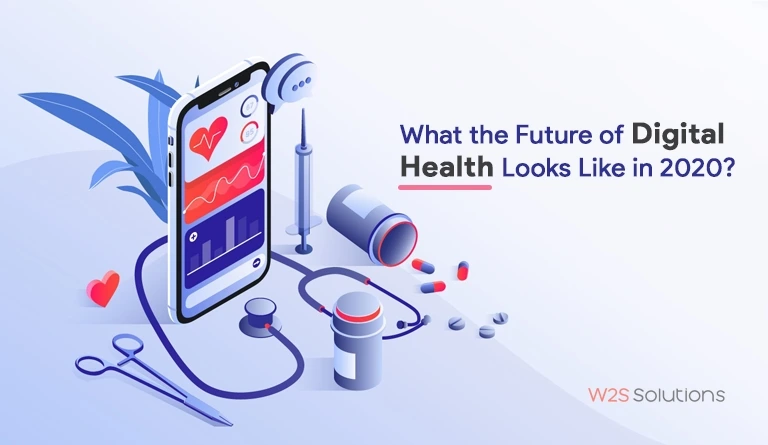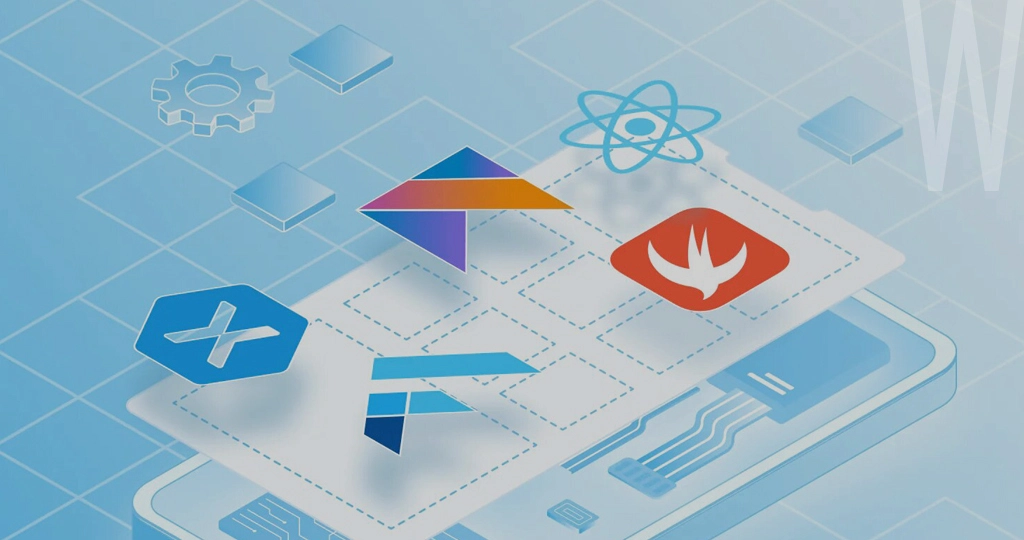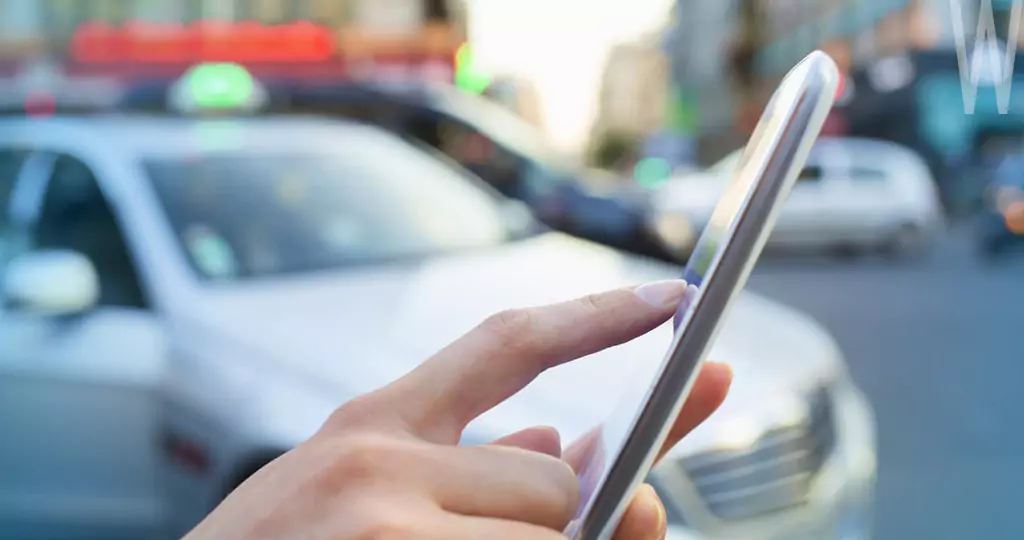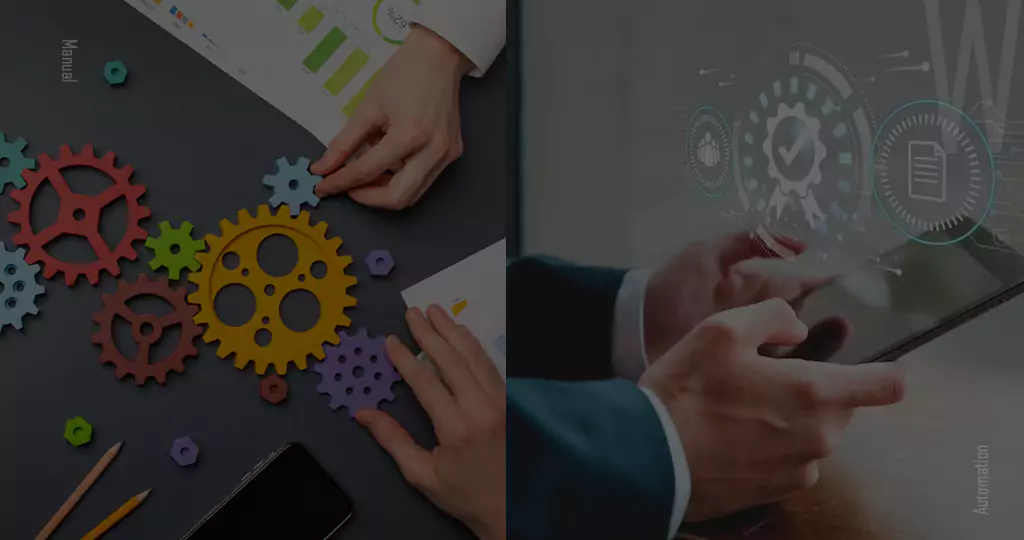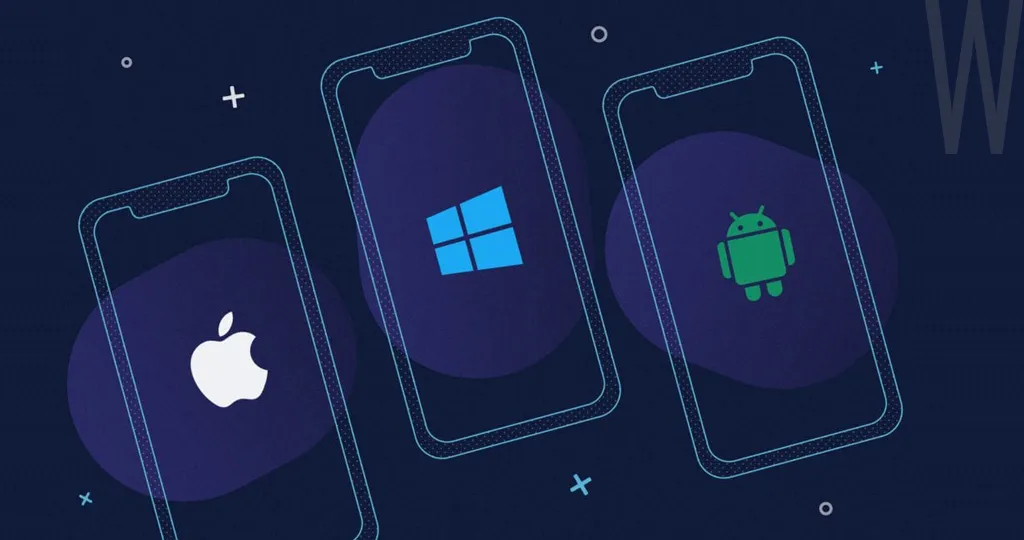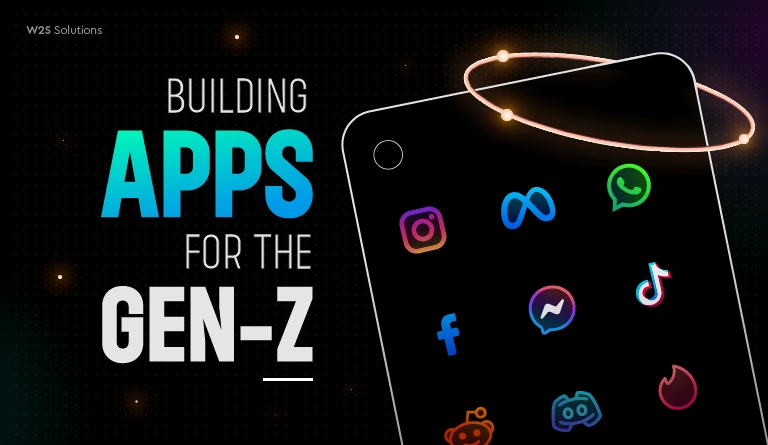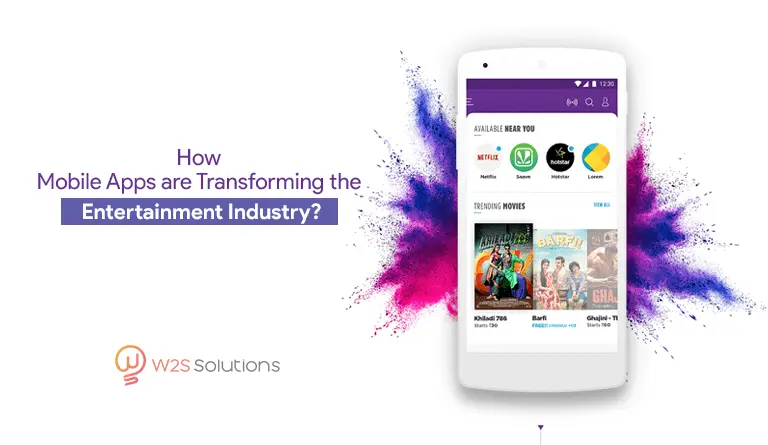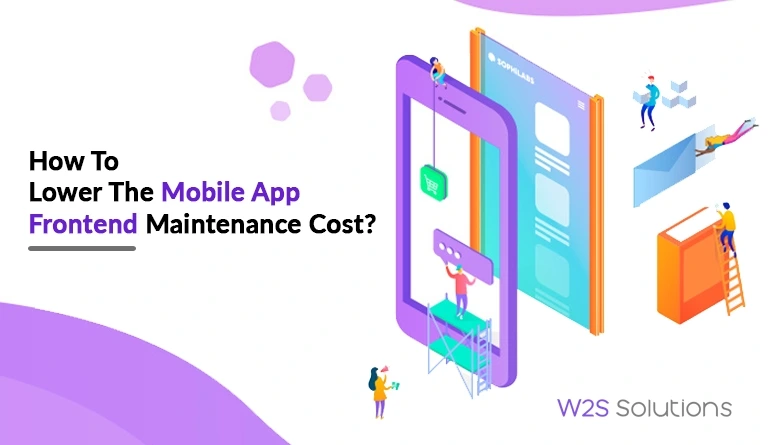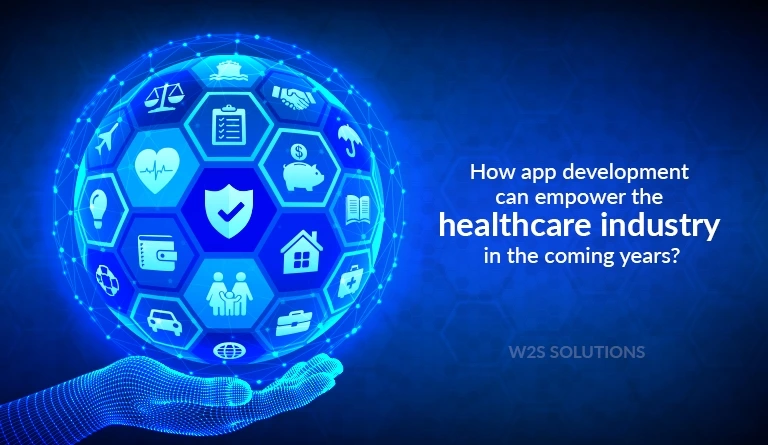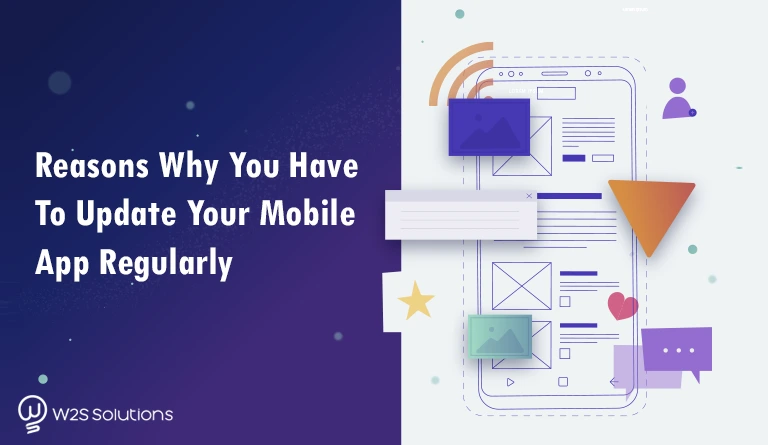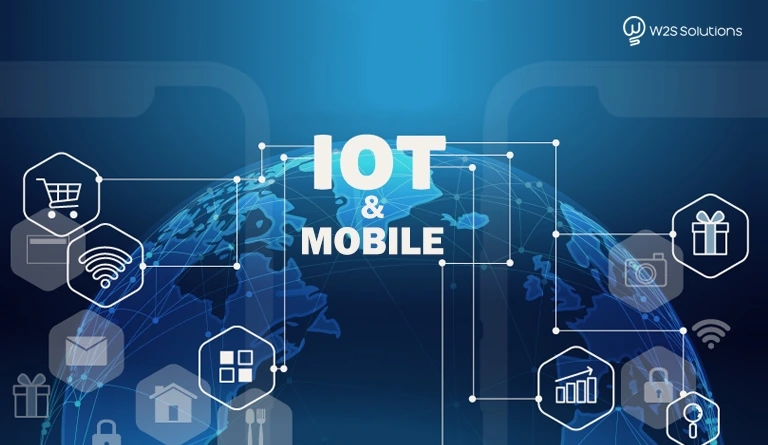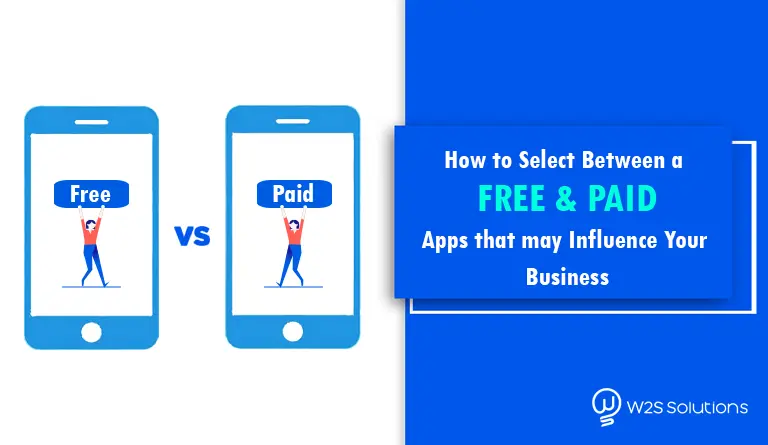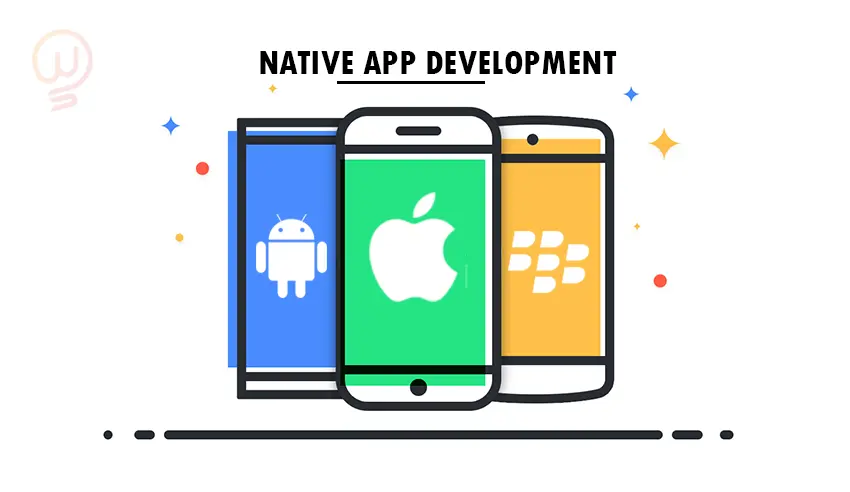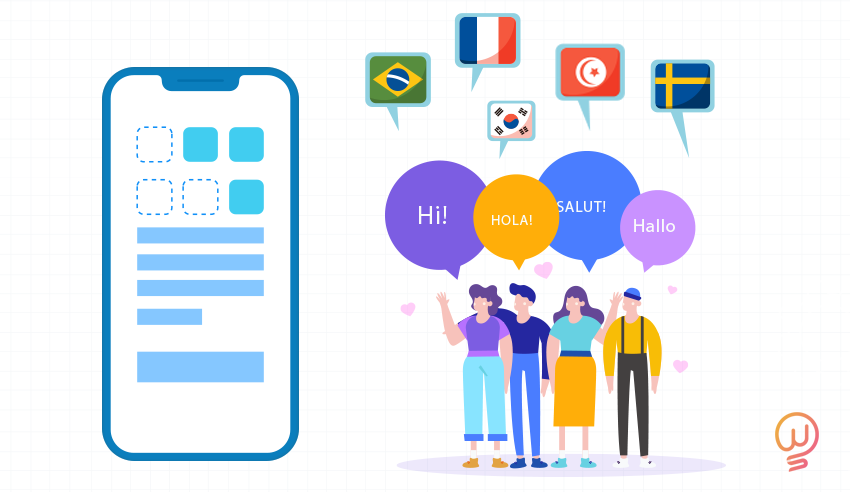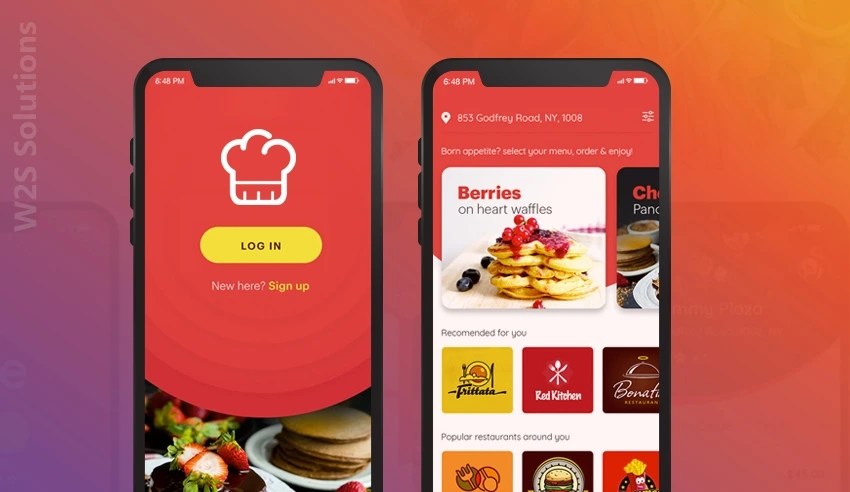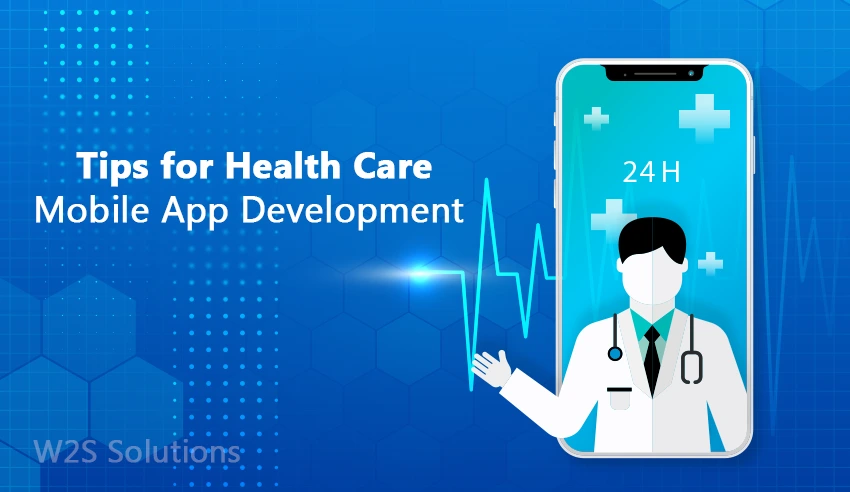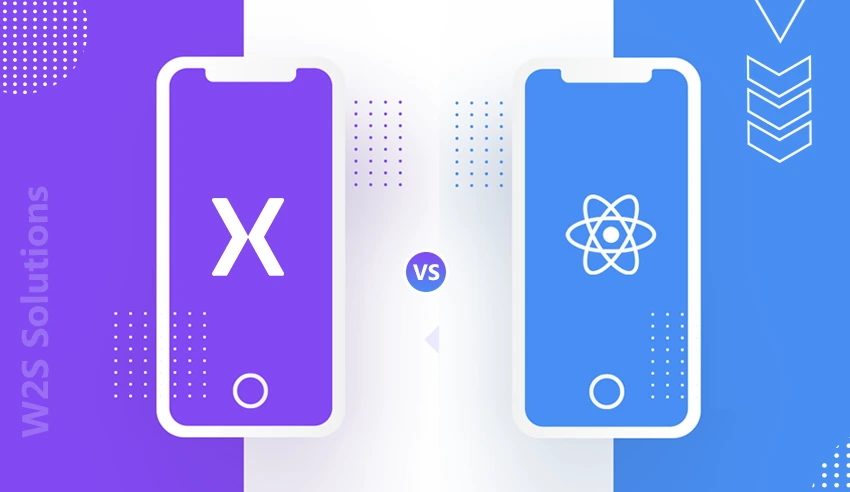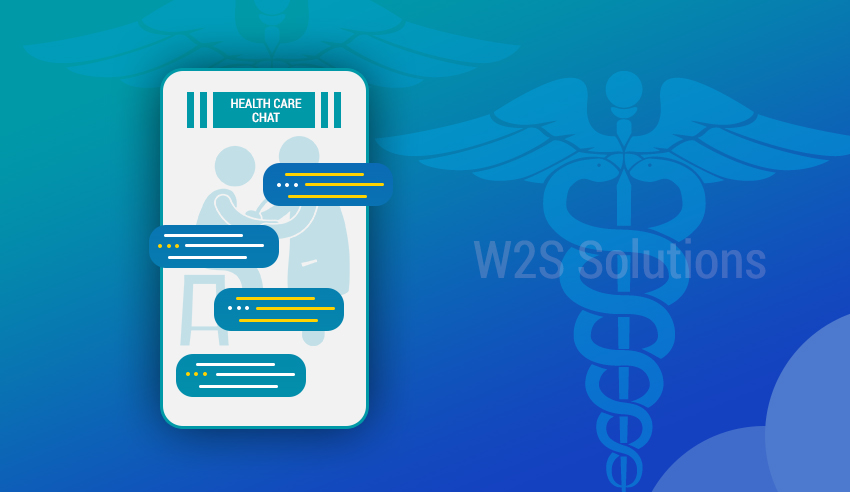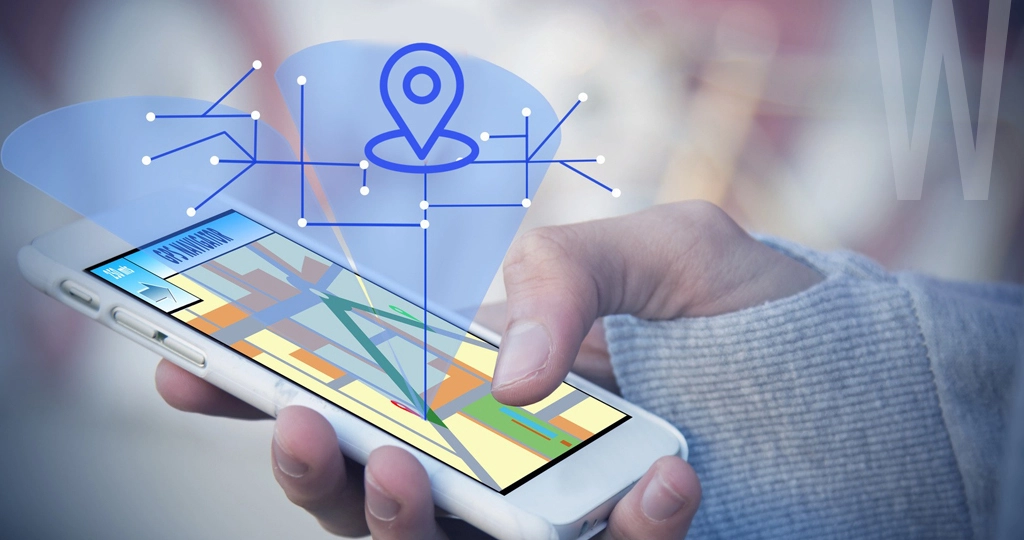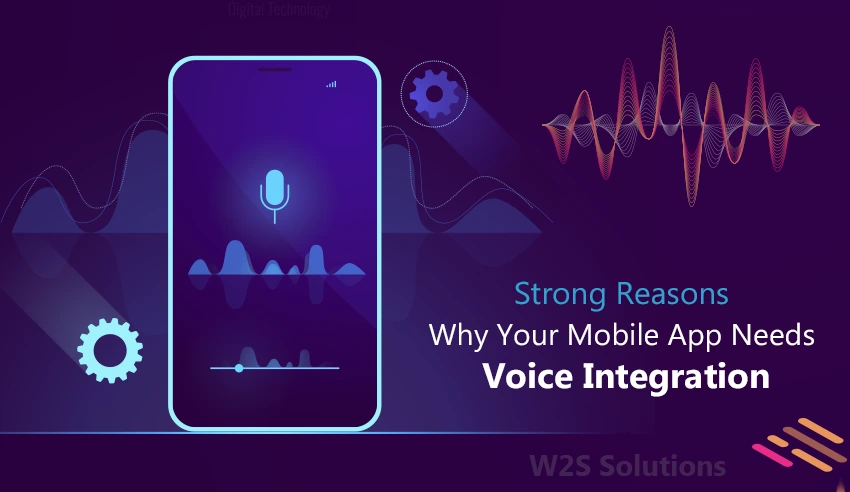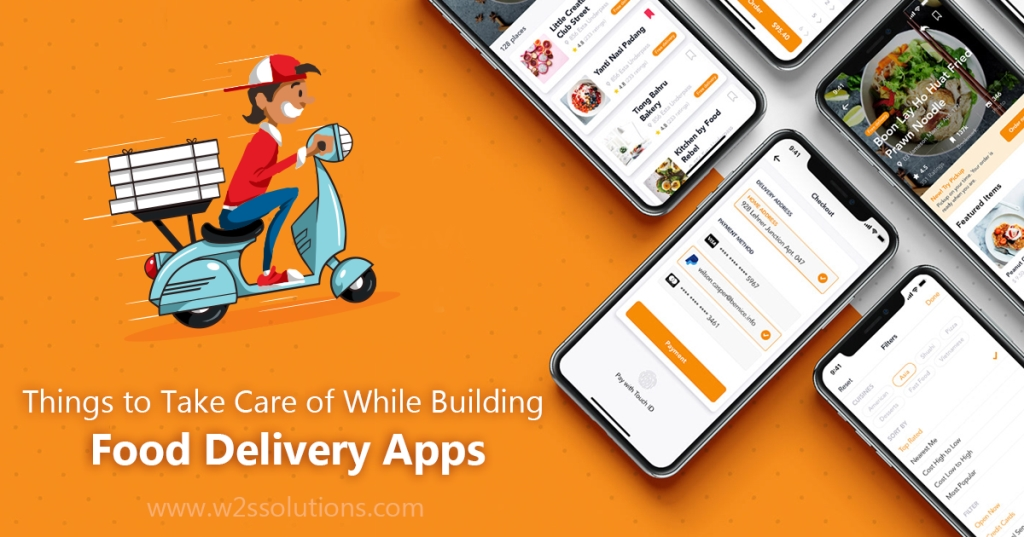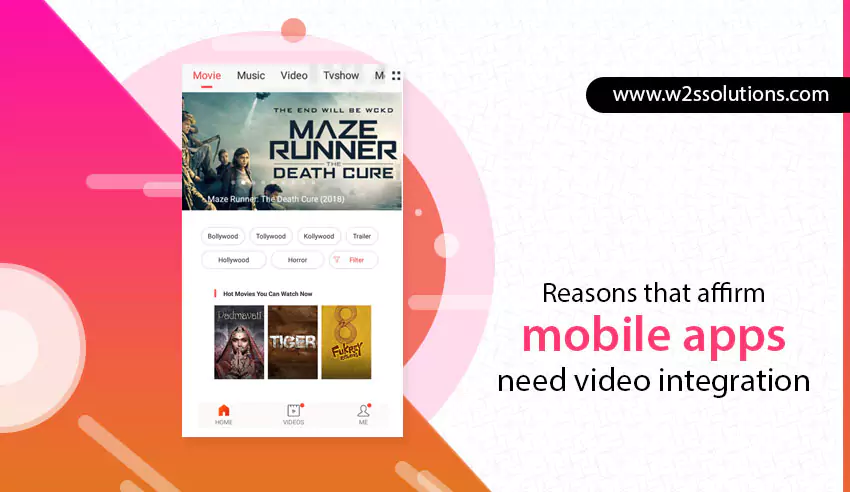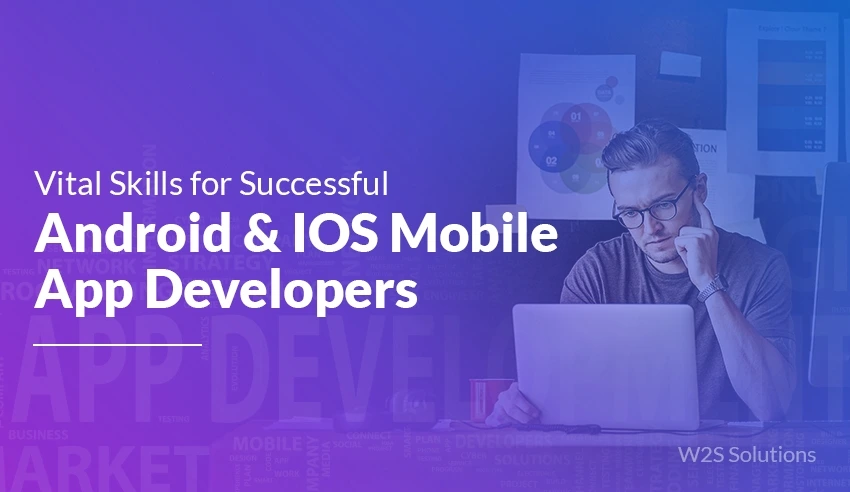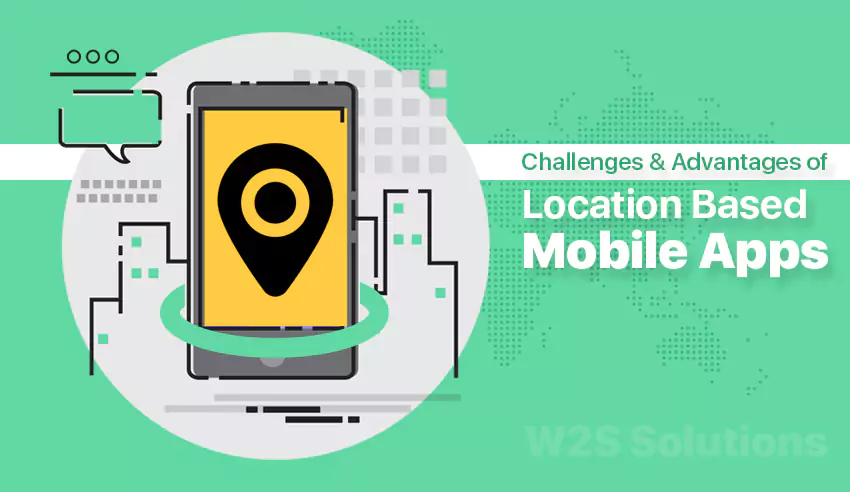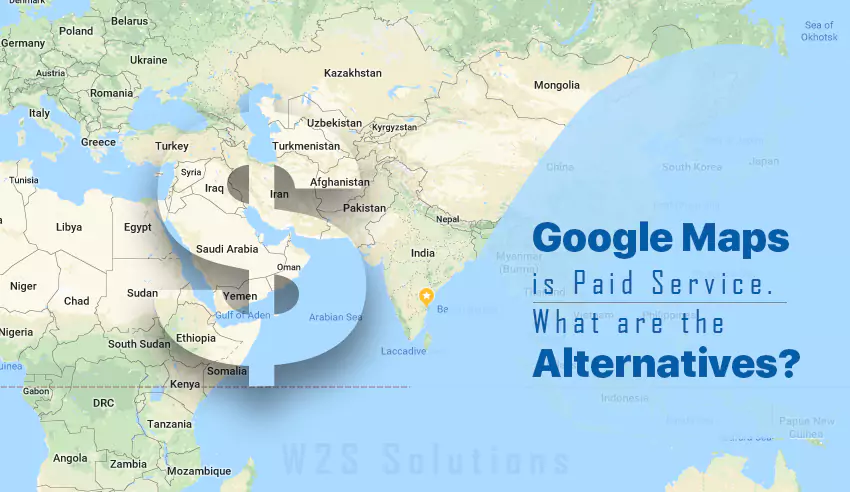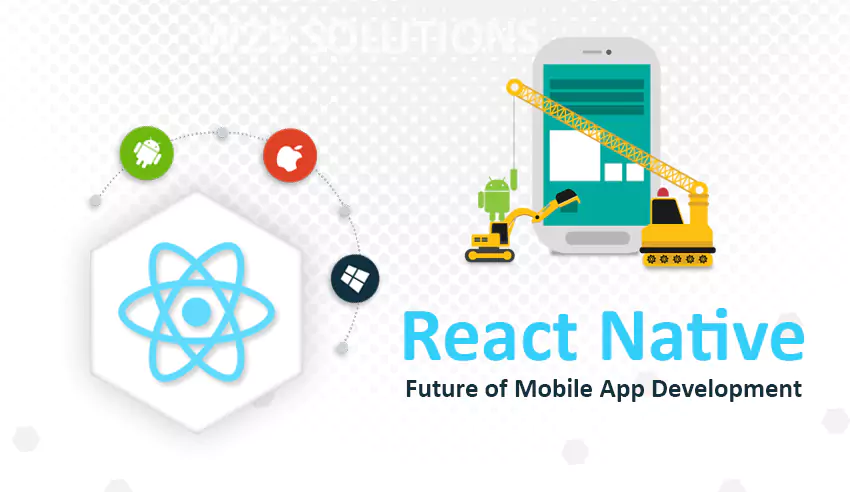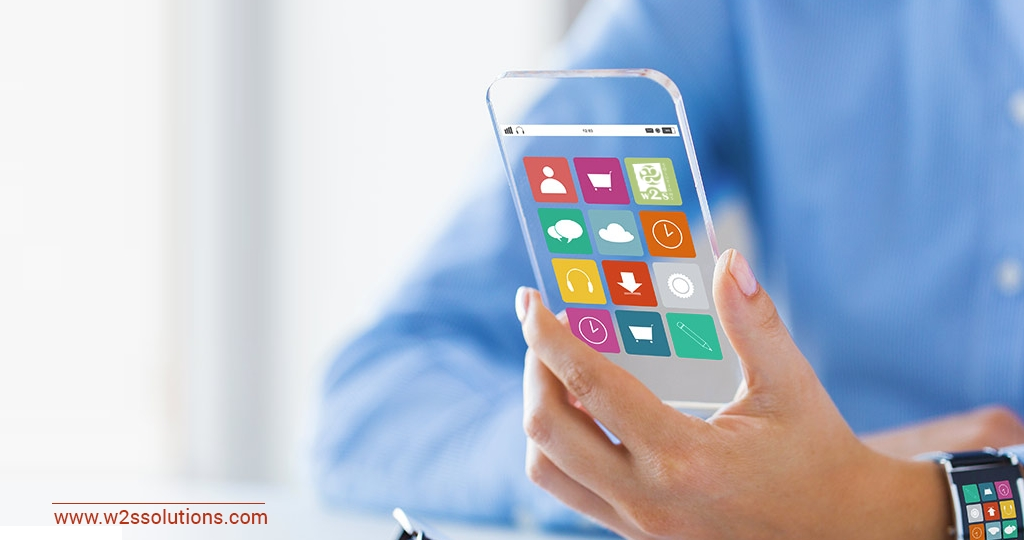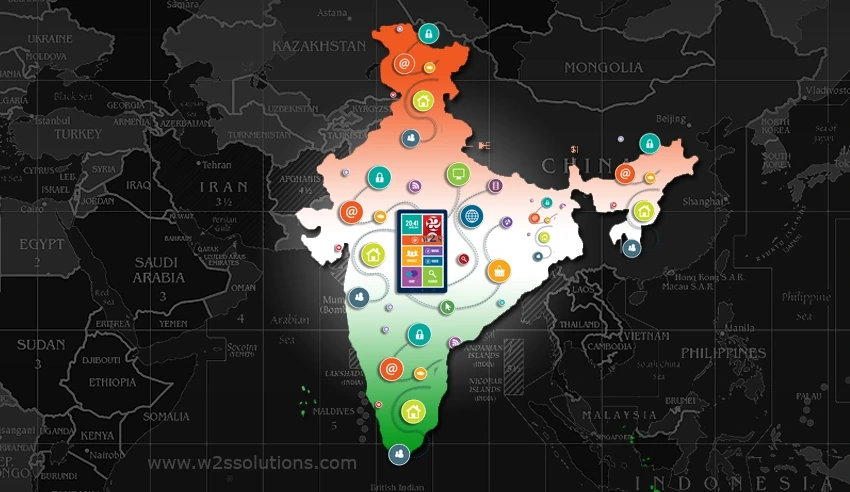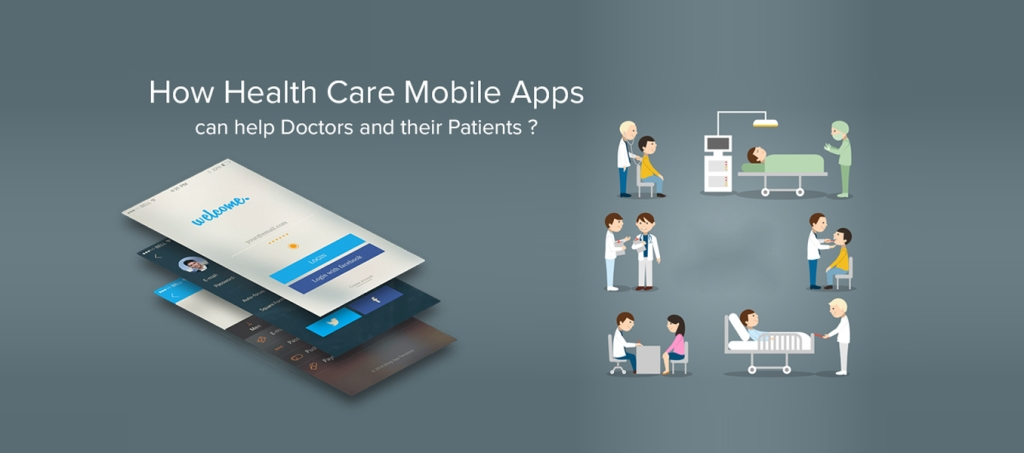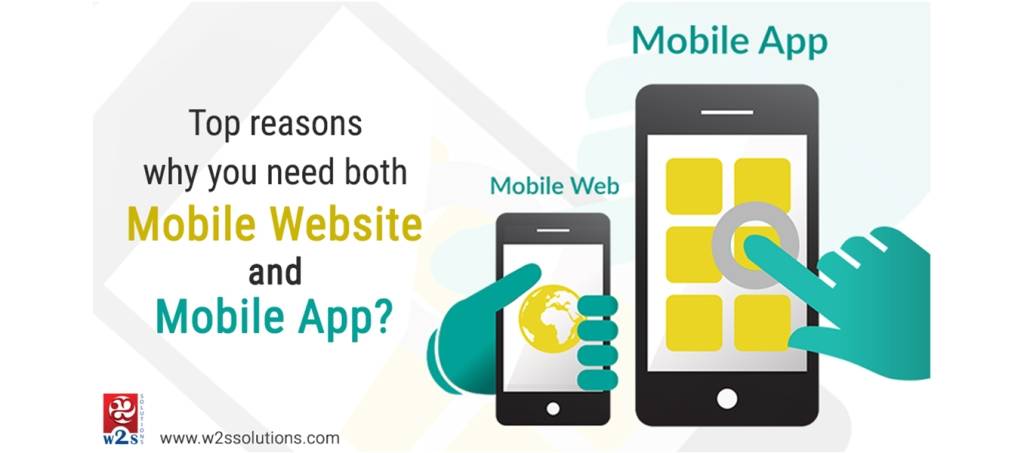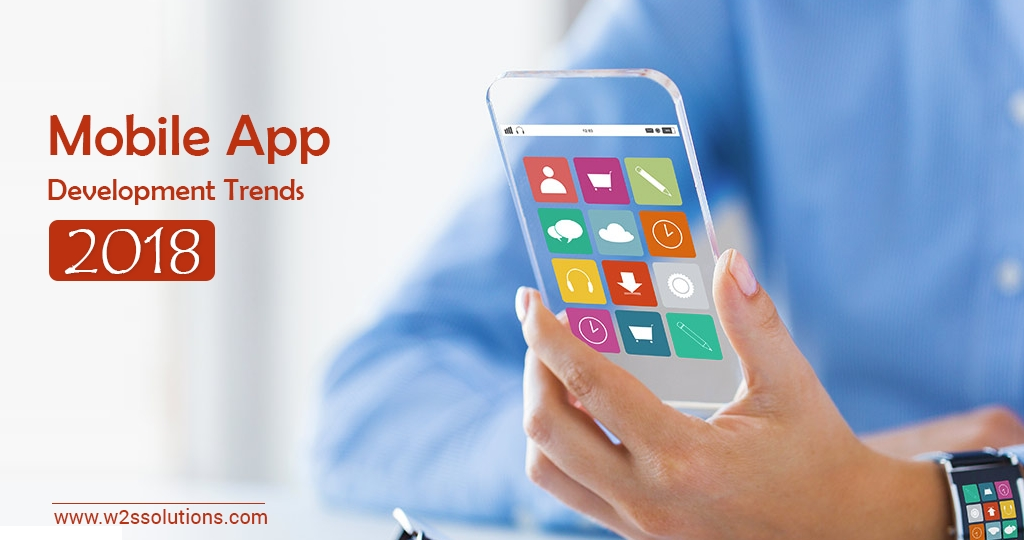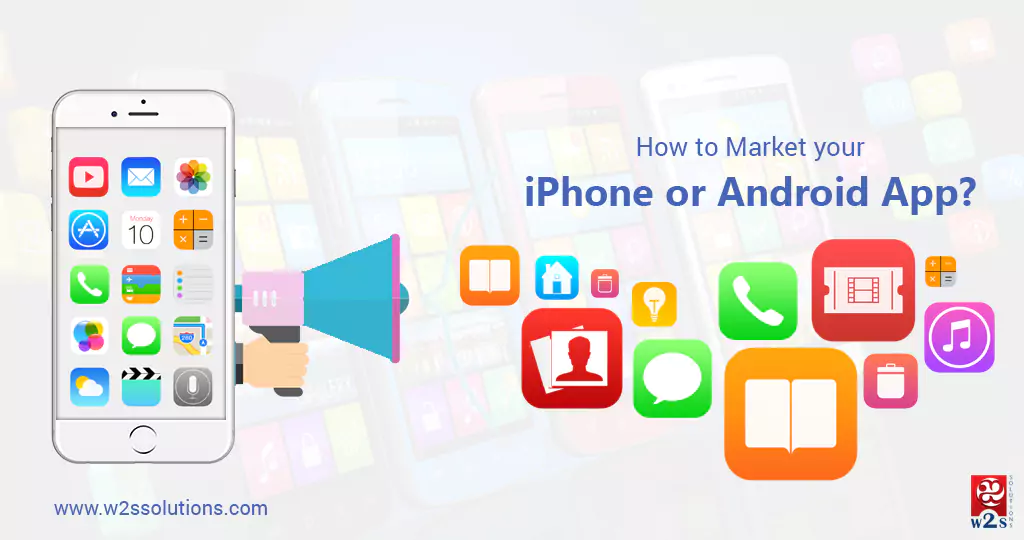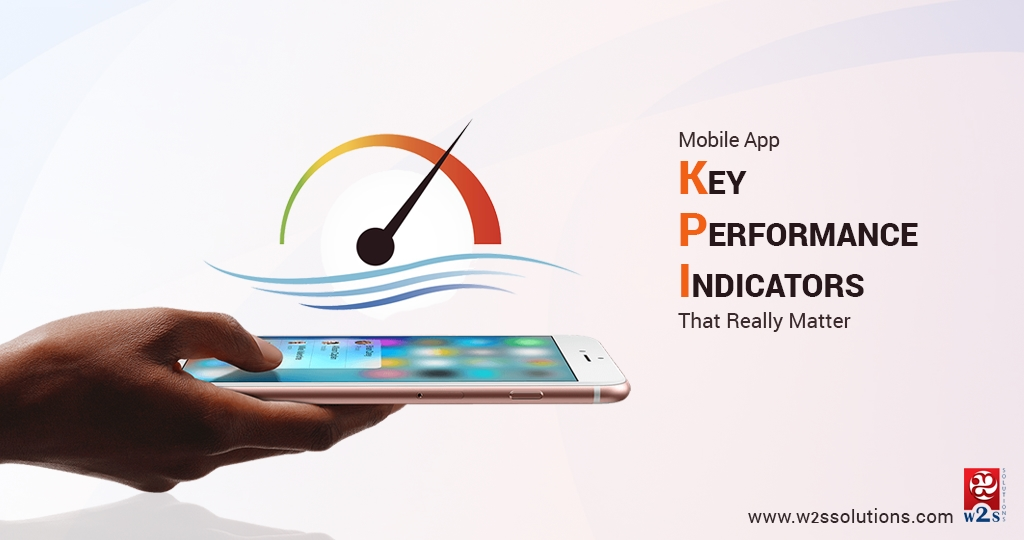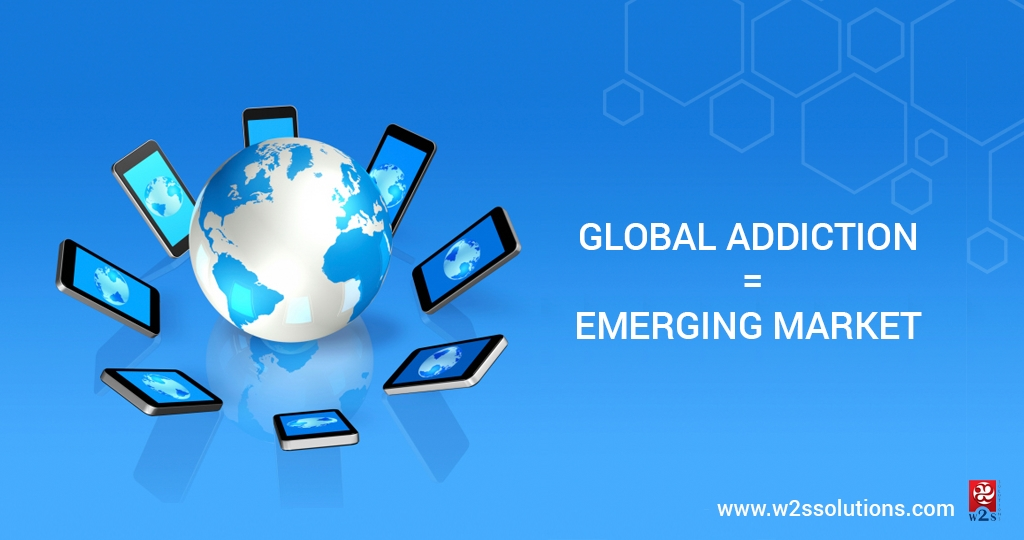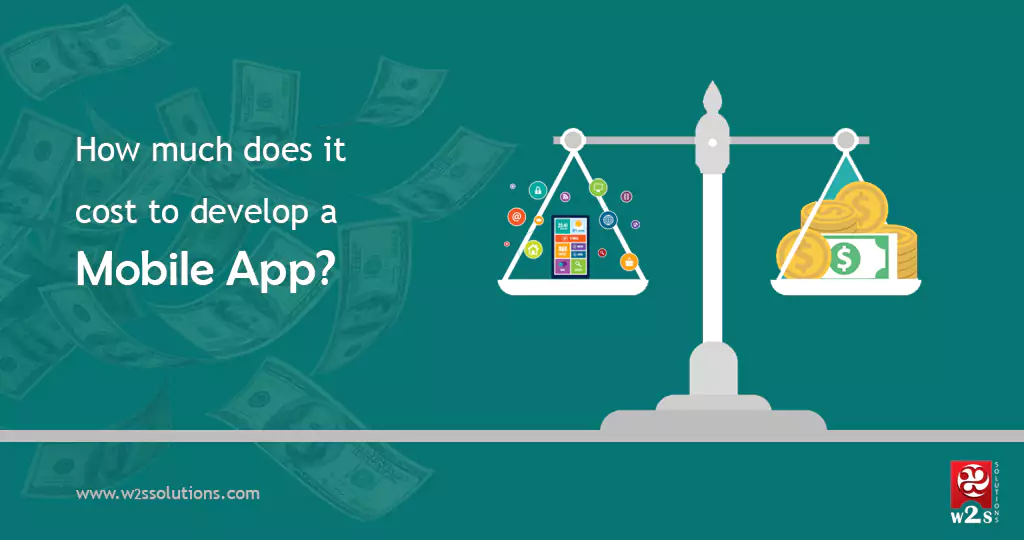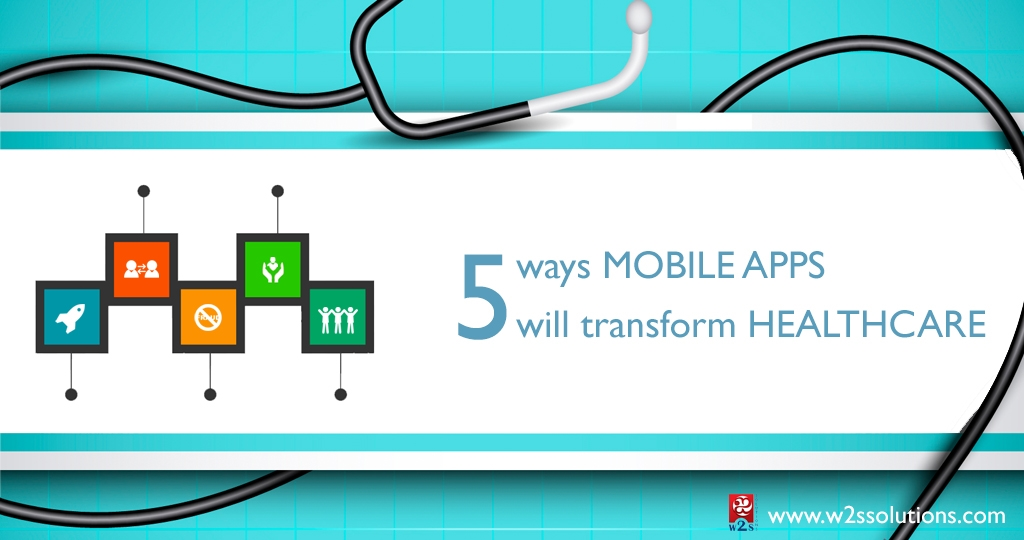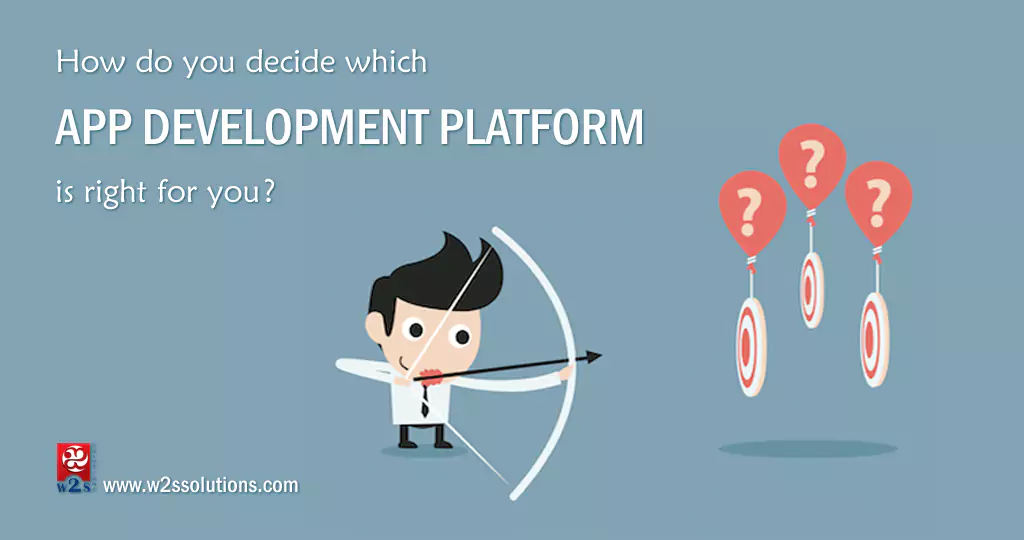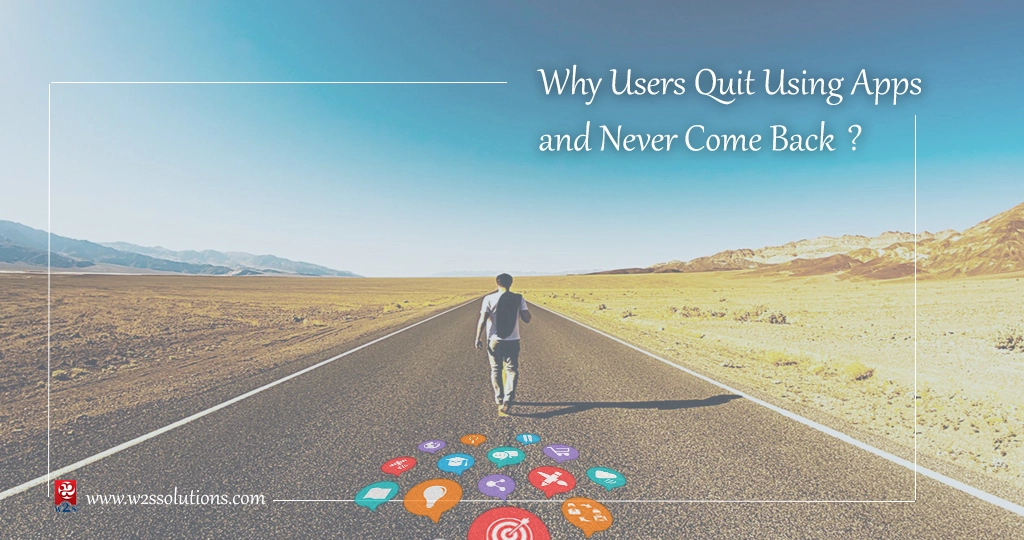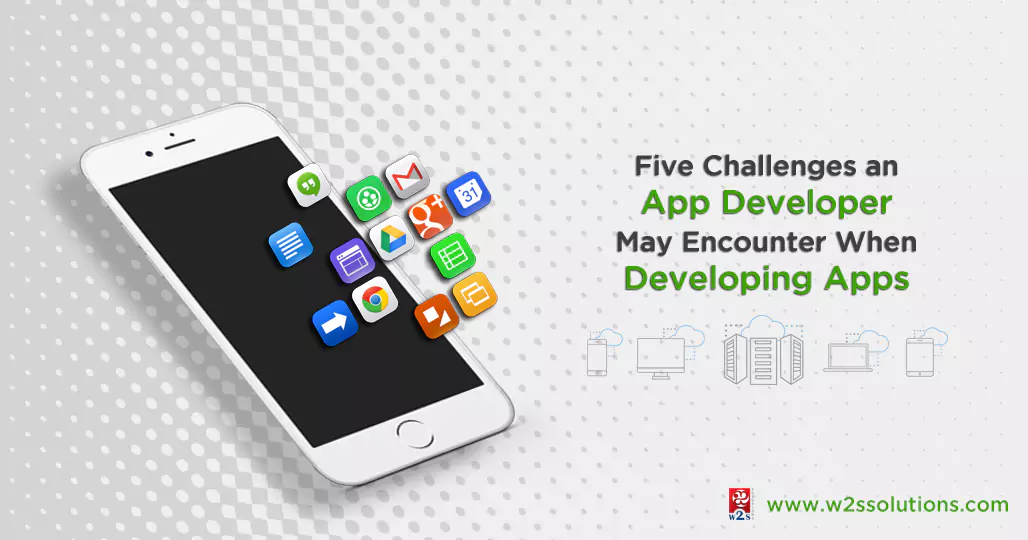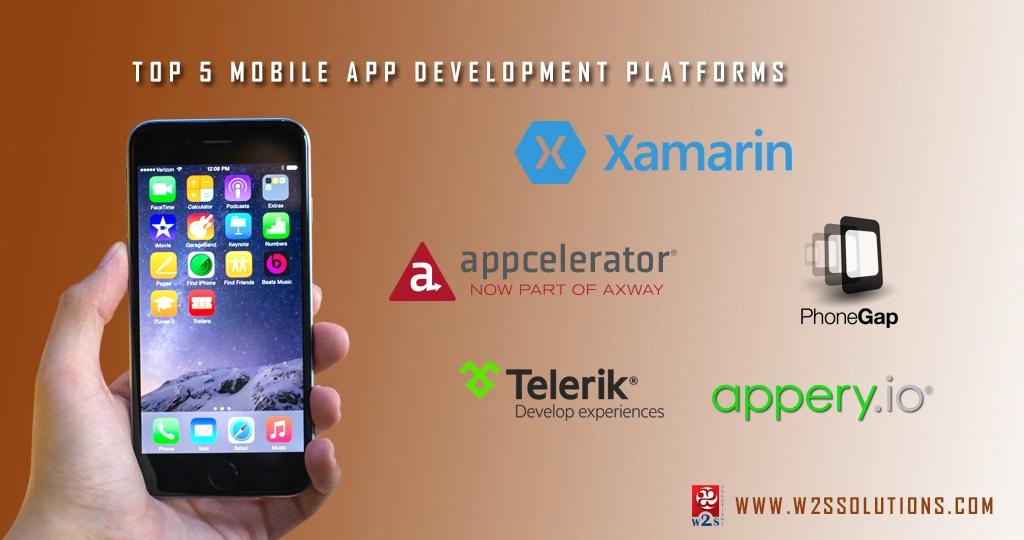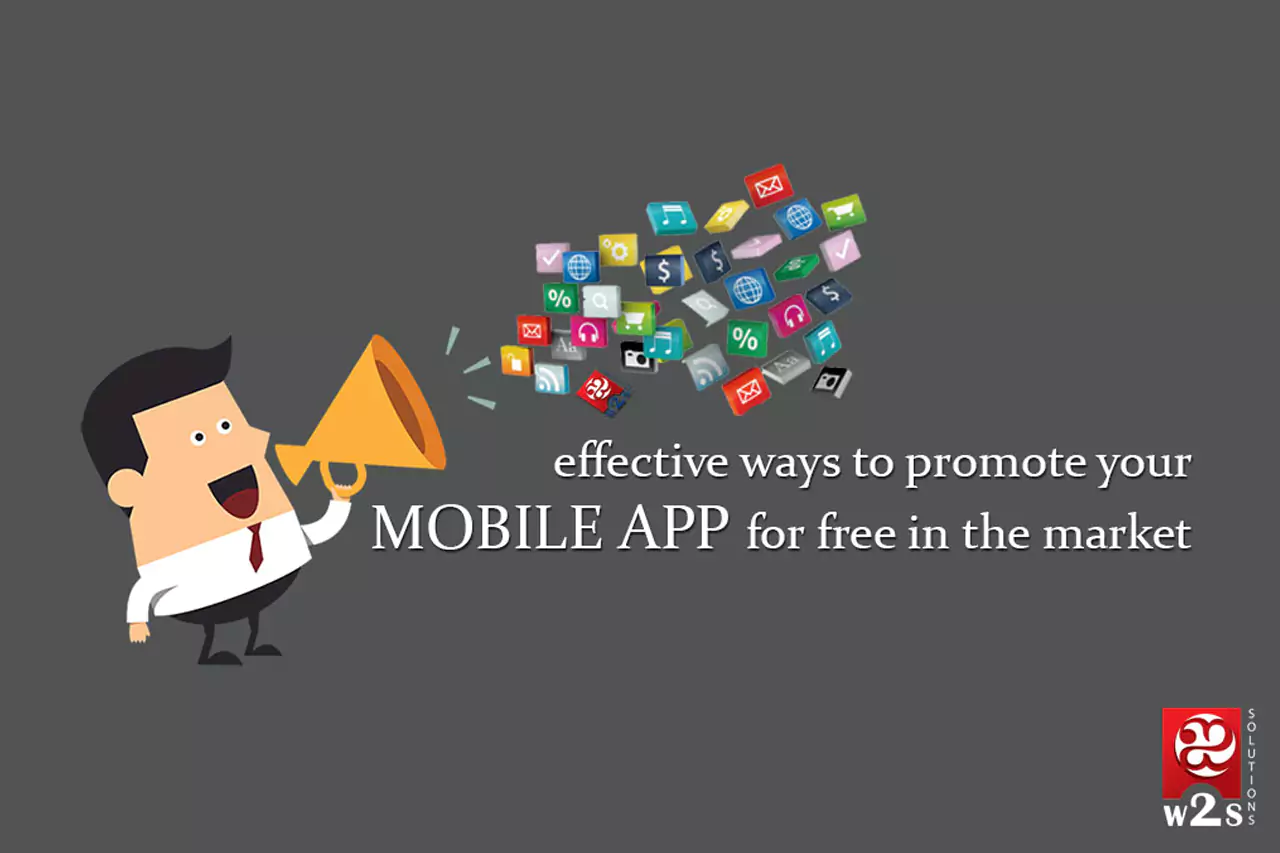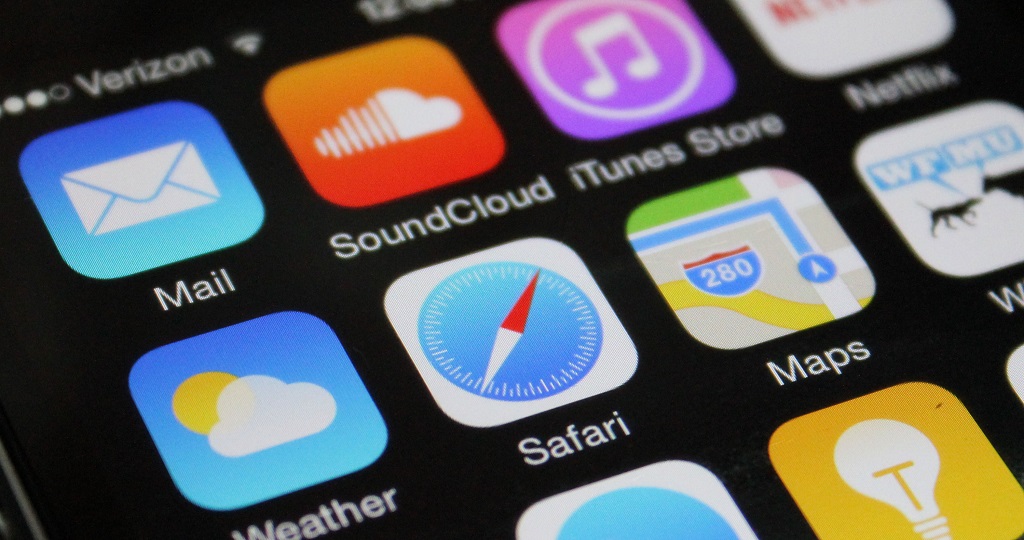With billions of dollars being poured into it, the last decade was pretty phenomenal for the digital health sector. Things like interactive apps, increase adaption of technologies, and greater customization of digital applications to patient’s conditions have become the norm for the past decade.
So, it’s time to look at the next stage of changes that are about to hit the digital health sector. What are the innovations coming up? And, what are the implications of it? Let’s find out!
-
The solutions that meet the unmet needs

There is no denying the fact that engaging digitally with patients is a remedy to many challenges. However, in 2020, the approach is slated to be more focused on particular areas of concern in order to determine whether digital health initiatives are the right solution to that issue.
With a number of factors being the determinants of the success of a study, there is going to be a stepwise approach that validates potential solutions individually to provide absolute clarify in terms of affordability and effectiveness.
The REMOTE trial by Pfizer can be a good example in this regard. It tried to imitate a conventional trial by using a couple of smartphone and web-based technologies at the same time. So, it included a web-based consent process, a web-based recruitment portal, and an e-diary where patients recorded about their health.
Though the trial didn’t reach its completion, the e-data capturing tools and the web-based consent ideas used for the study were both lauded and used for other important clinical trials. So, though the REMOTE trial didn’t successfully showcase the possibility of a completely virtual study, but the patient-centric solutions it had for particular problems were advanced and validated.
Read Also – How app development can empower the healthcare industry in the coming years?
-
Putting more focus into actionable information
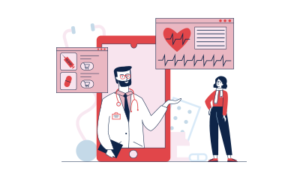
The market for wearable health technology has grown substantially already, and it will grow further in the years to come. What this means is that the healthcare providers, patients, and the industry in general now has greater opportunities for easily gathering health-related information. In 2020, the focus is going to be on making sure that the information gets relayed and collected in a more useful way to bring about the much needed change.
Honestly, the world has enough apps already in 2020! So, the aim for custom healthcare app development companies this year and in the future is to deliver better apps that can help people in supporting their healthcare goals. The aim now is to develop apps that can combine clinical support with real-time information.
The focus in more on creating apps that collect your health information and offer you educational coaching and condition-specific information. These apps would also be able to connect to your healthcare provider to make sure clinical decision supports are not limited by traditional clinic visits. In fact, there are already apps that ask for your physician’s prescription before starting to work.
-
The realization that one size cannot fit all

For the medical device manufacturers and biopharmaceutical companies involved in digital health initiatives, the first consideration in terms of design objective is the ease of using. After all, the digital divide is still very much real, especially when you think of the seniors, which limits the widespread acceptance of digital health initiatives and devices.
Even in this new decade, there is a section of population that suffers from poor digital literacy, which makes the configuration of an app or a wearable device really challenging. And, in future digital health has to take care of this aspect.
In a study related to use and utility of fitness trackers for older adults with serious medical conditions, some insightful facts came to light. The outcomes showed a clear improvement in clinical results, and even proved that the perception about wearable health devices and the acceptance of these are also quite positive. However, what was needed was proper support and training.
In future, to ensure that people of all age groups embrace wearable health tech, there will be an added support offered to set it up. Of course, no one will come and do it for you, but rather the instructions and the user interface would be made so easy that you can do it for yourself.
Read Also – Why this is the Best Time to Launch a Secure Healthcare Chat App?
-
An increased focus on taking behavior change into account
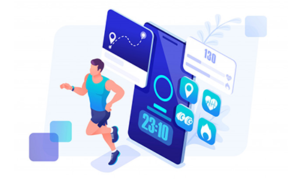
One of the best developments that the world of digital health has seen in the recent years is the increased focus on taking behavior change into account. Intrinsic motivation is getting prioritized these days, which is a good thing.
The thing is, people understand the things that are healthy for them, in terms of lifestyle choices, exercises, and diet, but embracing those good habits is still not as easy as it seems.
With the idea of sustaining, creating, and withholding healthy behavior, Aetna recently announced an initiative that will track the activity of the members, offer customized health recommendations, and along with that, reward the members for inching closer toward their fitness goals.
-
Gamification and its Role in digital health in the Future

Gamification is all about using game design mechanics, techniques, and style to the non-game applications for engaging the users, solving their problems, and making their mundane tasks more engaging and fun. When you think of it in terms of digital health, it is being used in health and wellness apps for disease prevention, self-management, adherence to medication, and improving medical know-how.
In most of the health and wellness apps that deal with weight loss, adherence to medication, or self-management, gamification will work in one of the three given ways:
- Using progress bars for measuring success, thus, the evident values of the services is amped by using progress-related mental biases, for instance, in health education or weight loss apps, and so on.
- By letting the users share their results and progress with other users or their friends on the same app or on social media. A competitive feeling is brought about to ensure better and more use of the services, which you see with weight loss and fitness apps.
- By offering virtual gifts like stars, medals, or badges during every stage of using the app. Thus, a feeling of achievement is ensured for increasing the level of motivation. This is, again, something that is found in chronic health issues management apps, and fitness and weight loss apps.
Wrapping up
The multifaceted usage of digital health initiatives, in 2020 and beyond, showcases the potential held by modern technology in terms of improving patient care remarkably. It also proves its greater potential in terms of generating crucial real-world patient experience information to support formulary discussions and regulatory submissions.
